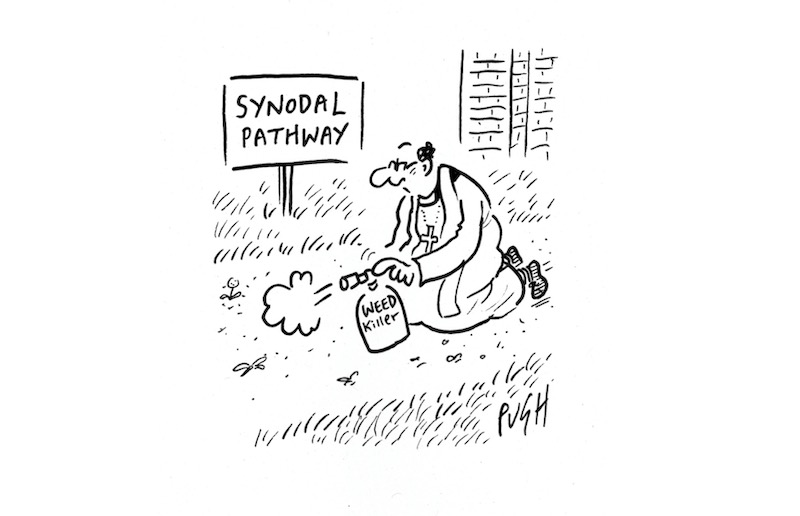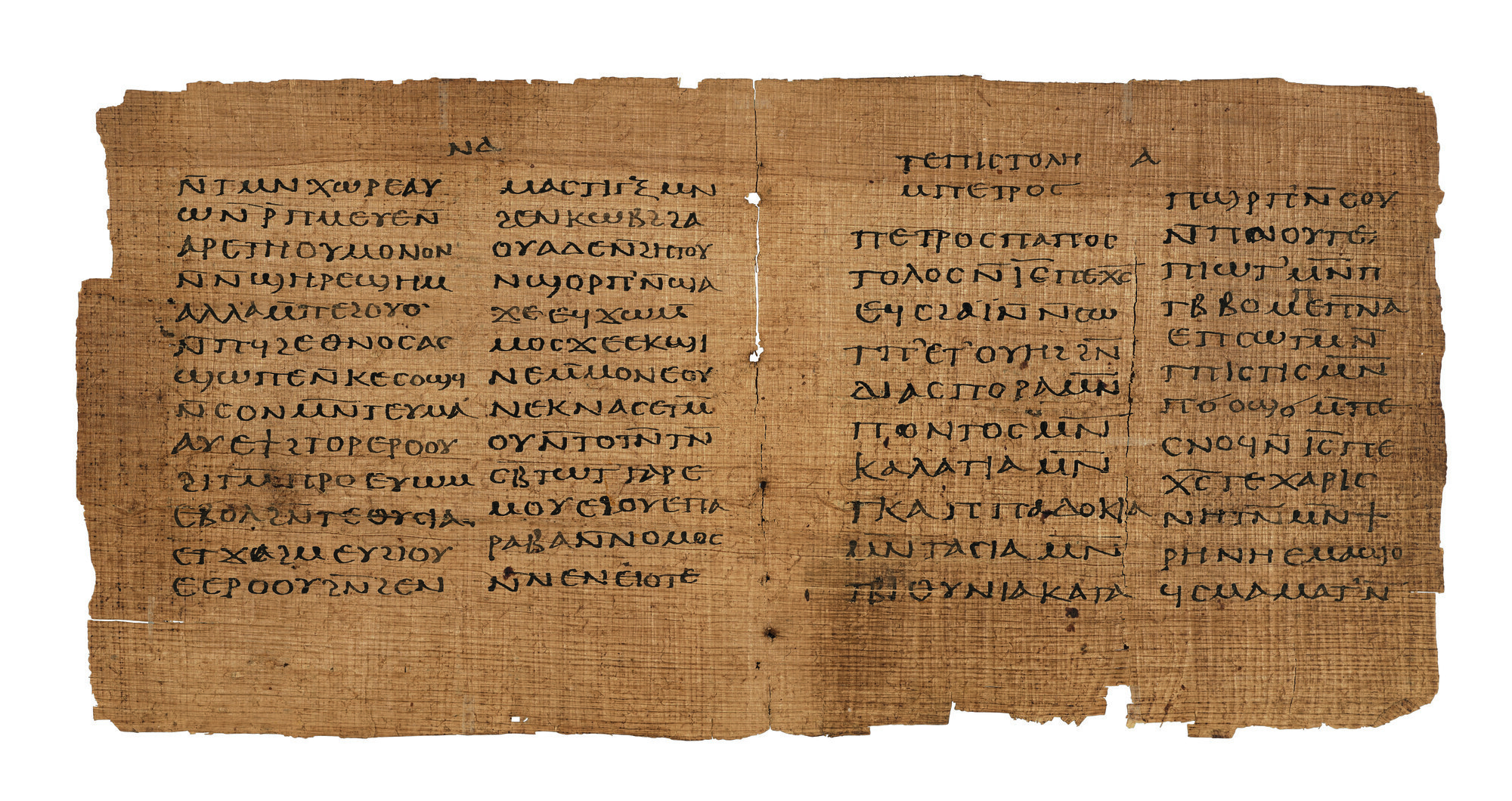A 1,700-year-old Biblical manuscript used by the monks of Upper Egypt will be auctioned in London.
On June 11, Christie’s is selling the Crosby-Schøyen Codex, featuring the oldest complete version of the book of Jonah and the First Epistle of Peter.
Written in Coptic between the mid-3rd and 4th century AD, the Codex is “the earliest known book in private hands, and one of the earliest books in existence”, said an expert from Christie’s.
Eugenio Donadoni, Christie’s senior specialist for early books and manuscripts said: “There are so few surviving Codices from this period when the Codex is taking over from the scroll. That happens in conjunction with the spread of Christianity around the Mediterranean.”
He told The Tablet there had been debate over the Codex’s purpose: “Some academics thought they were buried as books of the dead. The academic consensus now is that they were the buried library of Pachomian monks.”
This was “likely” he said because the Codex was found in 1952 near an Egyptian monastery established by St Pachomius. The founder of Cenobitic monasticism, Pachomius established his first monastery in 318AD. Eight, comprising several hundred monks in total, existed by the time of his death in 345AD.
Donadoni said the Codex featured “Easter texts” used by the monks of Upper Egypt to celebrate Easter “only a few hundred years after Christ.”
He said: “The first four texts speak of martyrdom, Resurrection, and death. The First Letter of Peter (referred to in the Codex as only the letter of Peter) is still used in the Easter liturgy. The Book of Jonah was popular in early Christian liturgy and perceived as prefiguring the Easter Story.”
Worth an estimated £3 million, the 52-leaf scroll includes a section of the second Book of Maccabees and a sermon for Easter morning by Melito, the second-century Bishop of Sardis.
An early meditation on Easter, styled on the Gospel of John, this explores the story of the Passover Lamb as prefiguring the sufferings of Christ. The Codex is written in a Coptic dialect used by the Melkites, who trace their origin to the early Christians of Antioch.
In the 7th century, it was hidden by the monks in a large jar buried in the sand during the Arab Conquest.
It was re-discovered as part of the Bodmer Papyri, a collection of nine Greek papyrus scrolls, and numerous codices in Greek and Coptic.
Until 1981, the Codex belonged to the university of Mississipi but was purchased by the Norwegian manuscript collector Dr Martin Schøyen in 1988.
It will be sold alongside a second Codex dating from the late 5th or early 6th century. The Codex Sinaiticus Rescriptus contains the earliest surviving parts of the Gospel in Aramaic, the language used by Jesus.
Valued at up to £1.5 million, it includes monastic texts and Bible readings added in the 10th century by a monk named John Zosimos.
When Zosimos moved from Sabah Monastery near Jerusalem to Sinai in around 960 AD, he brought 5th and 6th century manuscripts with him, rebinding them.
Donadoni said: “Because of the value of vellum, manuscripts were often recycled. [Zozimos] repackaged the manuscripts into the book we have today. It is a palimpsest with underlying and overlying text.”
Part of the Codex contains “one of the only sources in Georgian about the early Church fathers”.
Zosimos also included an anecdote about the earliest Christian monks, extracts from the Synoptic Gospels, Psalms and Old Testament books of Jeremiah, Daniel and Proverbs. The Codex also features a homily comparing the Church to a threshing floor, wine press and oil press.



 Loading ...
Loading ...